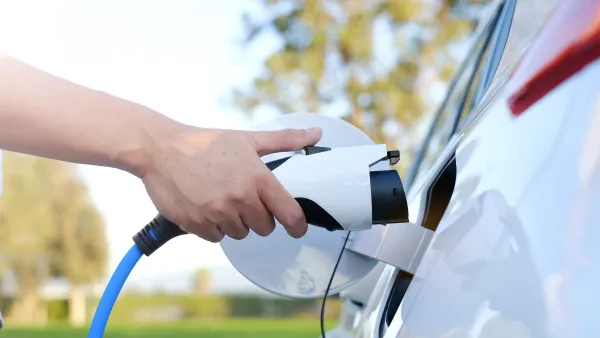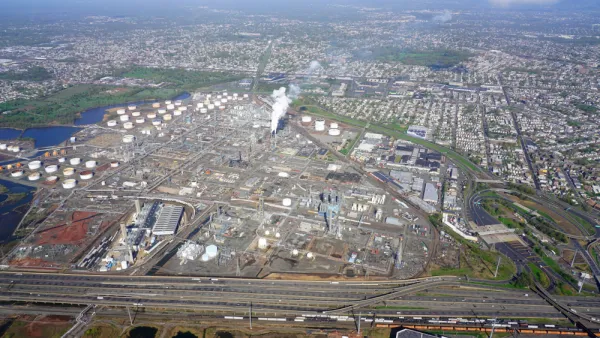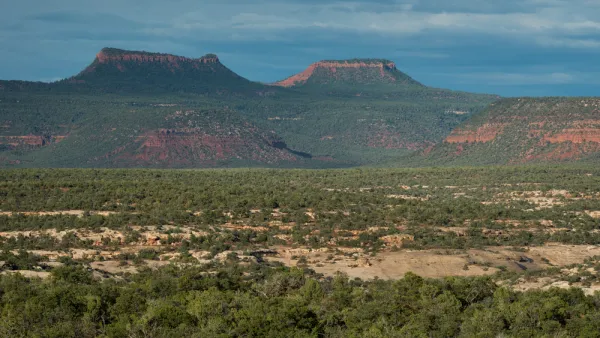The U.S. Environmental Protection Agency has finally spoken out about the risks posed by fracking to drinking water supplies. The Trump Administration seems very unlikely to head the warning.

Coral Davenport reports: "The Environmental Protection Agency has concluded that hydraulic fracturing, the oil and gas extraction technique also known as fracking, has contaminated drinking water in some circumstances, according to the final version of a comprehensive study first issued in 2015."
Davenport that the alarm level raised a great deal between the draft version and the final version, the latter released in December 2016.
A separate article by Jared Keller puts the findings of the report another way: "After months of anticipation, the Environmental Protection Agency has confirmed what environmental activists have long believed: Hydraulic fracturing (or fracking), long seen by oil and gas companies as the future of domestic energy production in the United States, carries a significant human cost."
Davenport's reporting frames the report more in context of the likely environmental regulation policies of the incoming Trump Administration: "President-elect Donald J. Trump has vowed to expand fracking and roll back existing regulations on the process."
FULL STORY: Reversing Course, E.P.A. Says Fracking Can Contaminate Drinking Water

National Parks Layoffs Will Cause Communities to Lose Billions
Thousands of essential park workers were laid off this week, just before the busy spring break season.

Retro-silient?: America’s First “Eco-burb,” The Woodlands Turns 50
A master-planned community north of Houston offers lessons on green infrastructure and resilient design, but falls short of its founder’s lofty affordability and walkability goals.

Delivering for America Plan Will Downgrade Mail Service in at Least 49.5 Percent of Zip Codes
Republican and Democrat lawmakers criticize the plan for its disproportionate negative impact on rural communities.

Test News Post 1
This is a summary

Test News Headline 46
Test for the image on the front page.

Balancing Bombs and Butterflies: How the National Guard Protects a Rare Species
The National Guard at Fort Indiantown Gap uses GIS technology and land management strategies to balance military training with conservation efforts, ensuring the survival of the rare eastern regal fritillary butterfly.
Urban Design for Planners 1: Software Tools
This six-course series explores essential urban design concepts using open source software and equips planners with the tools they need to participate fully in the urban design process.
Planning for Universal Design
Learn the tools for implementing Universal Design in planning regulations.
EMC Planning Group, Inc.
Planetizen
Planetizen
Mpact (formerly Rail~Volution)
Great Falls Development Authority, Inc.
HUDs Office of Policy Development and Research
NYU Wagner Graduate School of Public Service





























